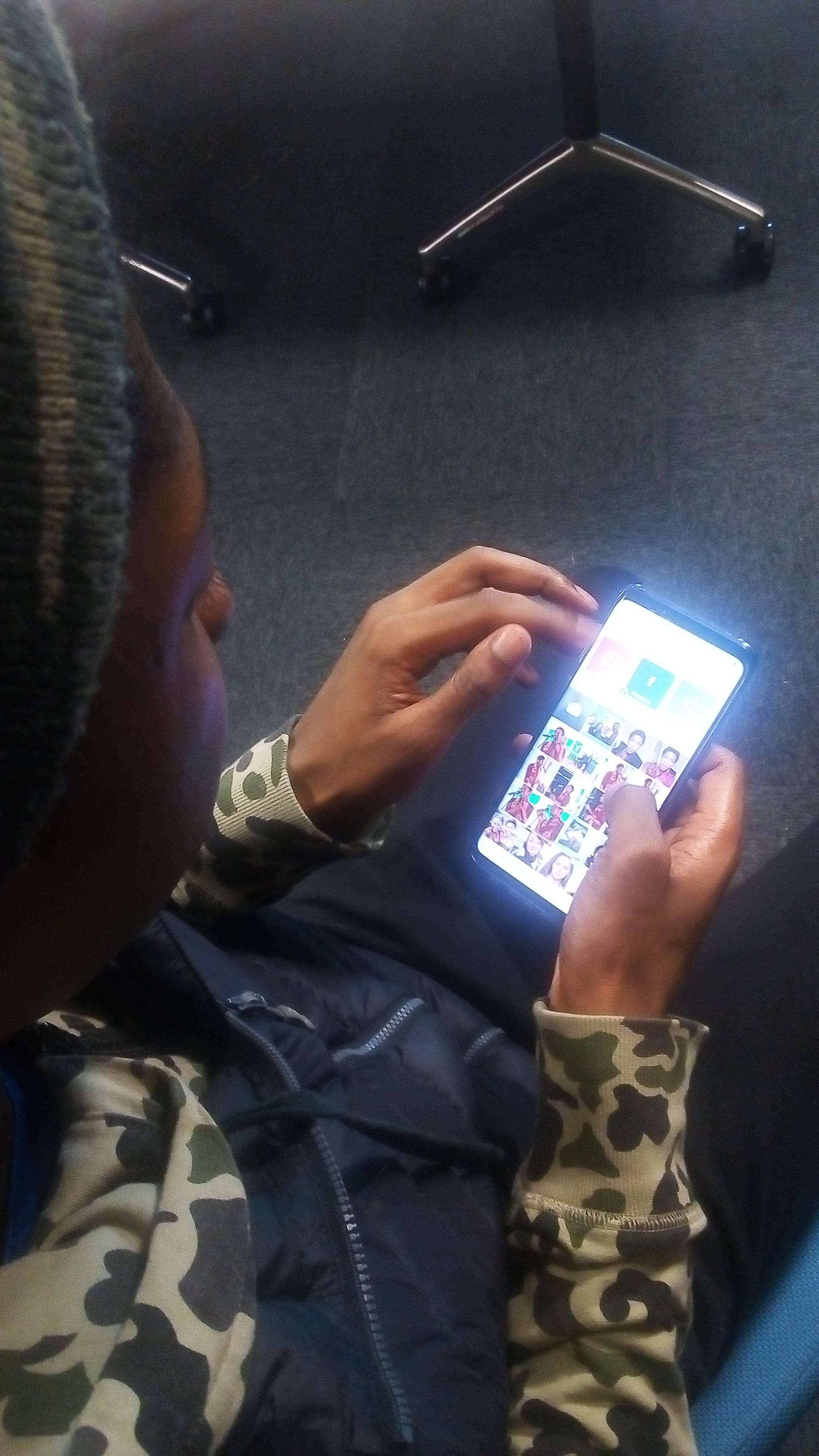In recent days you may have noticed a random explosion of people you follow on social media sharing photos of an older version of themselves. Whether they be celebrities, friends or just random strangers, they’ve all been put through the face ageing software found in FaceApp.
And while peering at yourself 20 years older sounds like a bit of harmless fun, things get more serious when you discover FaceApp is actually owned by a Russian company.
FaceApp showed up in 2017 and has been downloaded by millions of people around the world. It sounds like a perfect idea for a light-hearted smartphone offering, but it’s setting off alarm bells with privacy experts, who are warning people about the app’s intrusive terms and conditions.
If you use #FaceApp you are giving them a license to use your photos, your name, your username, and your likeness for any purpose including commercial purposes (like on a billboard or internet ad) — see their Terms: https://t.co/e0sTgzowoN pic.twitter.com/XzYxRdXZ9q
— Elizabeth Potts Weinstein (@ElizabethPW) July 17, 2019
While some will be alarmed by the revelation, others are drawing comparisons the terms and conditions in most social media apps.
One Twitter user under the handle of “Padres In Nine” went as far as to say “I don’t give a s**t lol.”
Another user tweeted out “But y’all will continue to post pictures on Instagram and twitter with exactly the same risks..”
The app is owned by Russian company “Wireless Lab”, and because of this New York Senator Chuck Schumer has implored the FBI and Federal Trade Commission to investigate the software as a matter of national security.
BIG: Share if you used #FaceApp:
The @FBI & @FTC must look into the national security & privacy risks now
Because millions of Americans have used it
It’s owned by a Russia-based company
And users are required to provide full, irrevocable access to their personal photos & data pic.twitter.com/cejLLwBQcr
— Chuck Schumer (@SenSchumer) July 18, 2019
With so many people using the app, it’s clear people either don’t care about the terms and conditions or they haven’t read the fine print.

Some people, like the celebrities pictured below, end up in FaceApp despite giving no consent at all.
When these actors grow old#FaceApp pic.twitter.com/HeyxoHah8i
— 9GAG (@9GAG) July 17, 2019
For years, privacy advocates have warned about the risks of giving corporations access to sensitive, personal information online. Throw into the mix a state actor, and one seen as generally hostile, and the discussion around how much we all share online becomes much more complicated.


